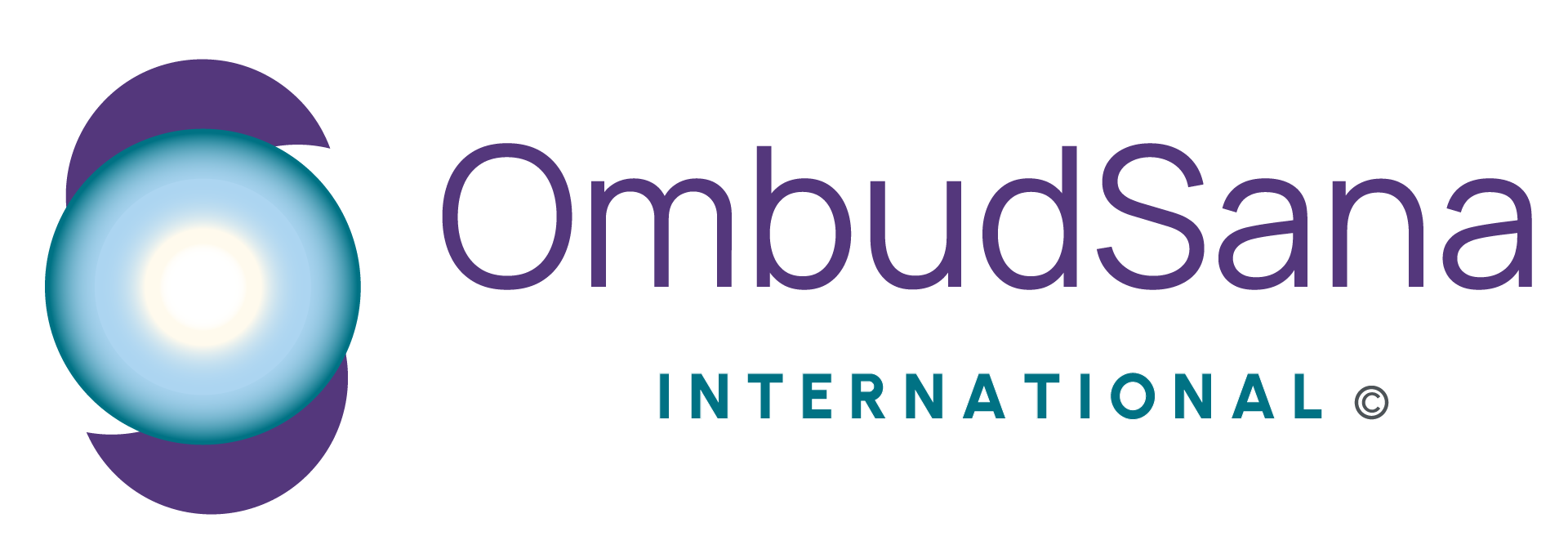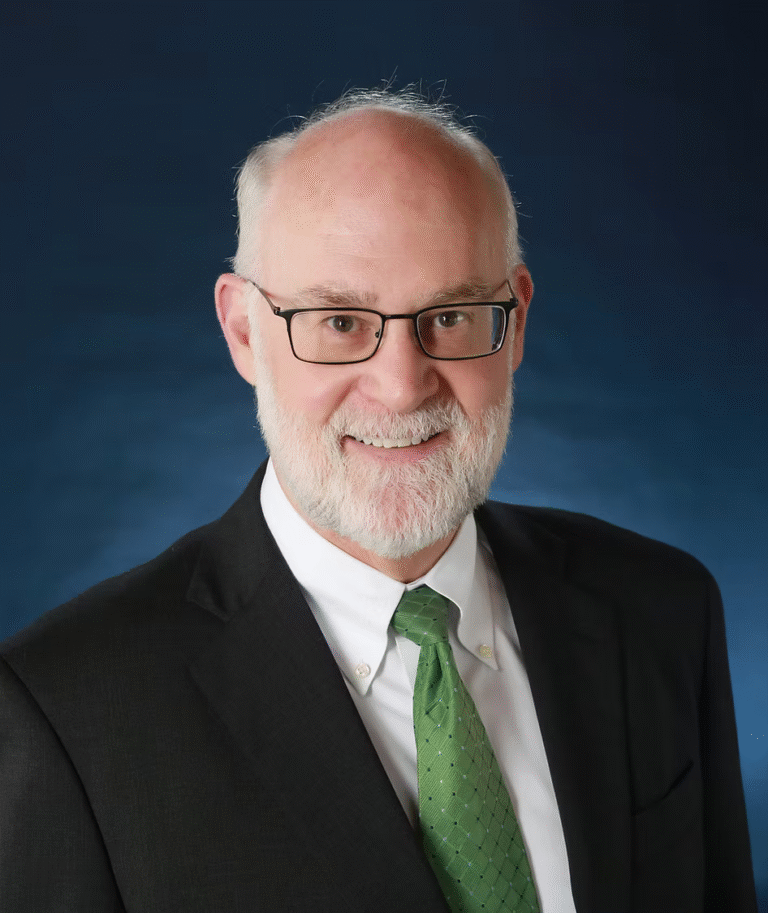Chuck Howard
My introduction to organizational ombudsmen (as they were then known) began in 1990, when my firm and I were retained to be independent counsel for the ombudsman office of a multinational corporation with a case in federal court in Connecticut in which the employee-plaintiff was attempting to depose and obtain information from the ombudsman. There was scant precedent for our legal defense, but we filed a motion for a protective order with extensive documentation that asserted an ombuds confidentiality privilege based on Federal Rule of Evidence 501 and an implied contract of confidentiality. Our client prevailed on both grounds, and that turned out to be a seminal case on ombuds confidentiality.
That beginning led to my representation of many other ombuds clients and organizations wanting to create ombuds offices over the ensuing decades, including filing motions for protective orders and defending litigation involving ombuds in state and federal courts in several other jurisdictions. I was also consulted on the expansion of ombuds offices internationally. I was fortunate to have had an unusually broad and challenging litigation law practice, and while the representation of ombuds offices was never a major part of my practice, I came to be recognized as the leading lawyer in the United States in this area. As I learned more about the ways in which organizational ombuds help people and organizations surface issues and help resolve conflict in organizations, I also began to understand how these programs were a powerful tool, though without any formal power, that should be part of the organizational culture of virtually all organizations.
That was the reason I accepted the position of the inaugural Executive Director of the International Ombuds Association (IOA) when I gave up the active practice of law. The desire to explain the evolution, role, and operations of ombuds offices to those who are unfamiliar with organizational ombuds programs (or who confuse them with other types of ombuds programs) also motivated me to write two books that are guides to organizational ombuds programs. While I have not been an ombuds, my grounding in the legal issues involving ombuds, along with years of counseling ombuds and experiences such as serving as general counsel of a large Connecticut law firm (where we created an ombuds program), have given me an unique perspective to advise and assist ombuds programs and their organizations.


